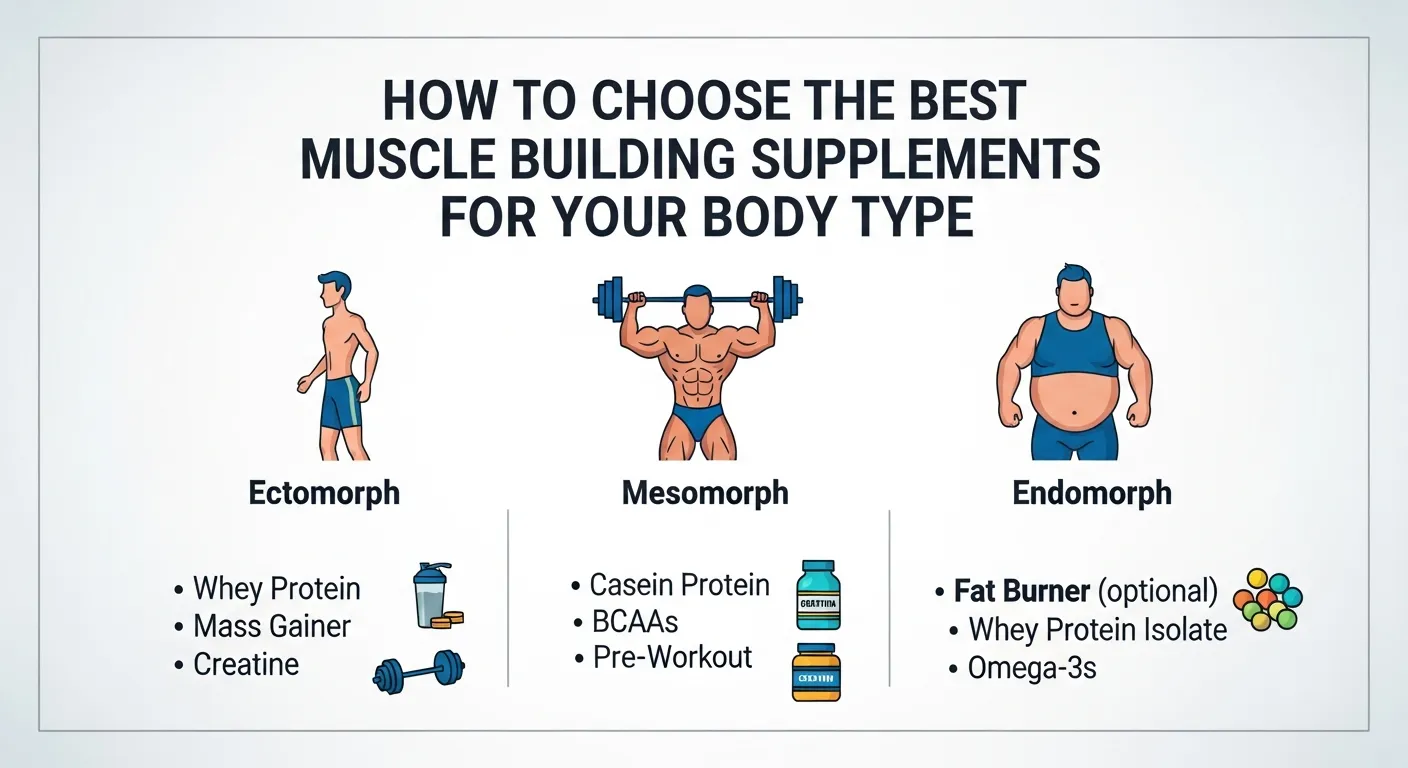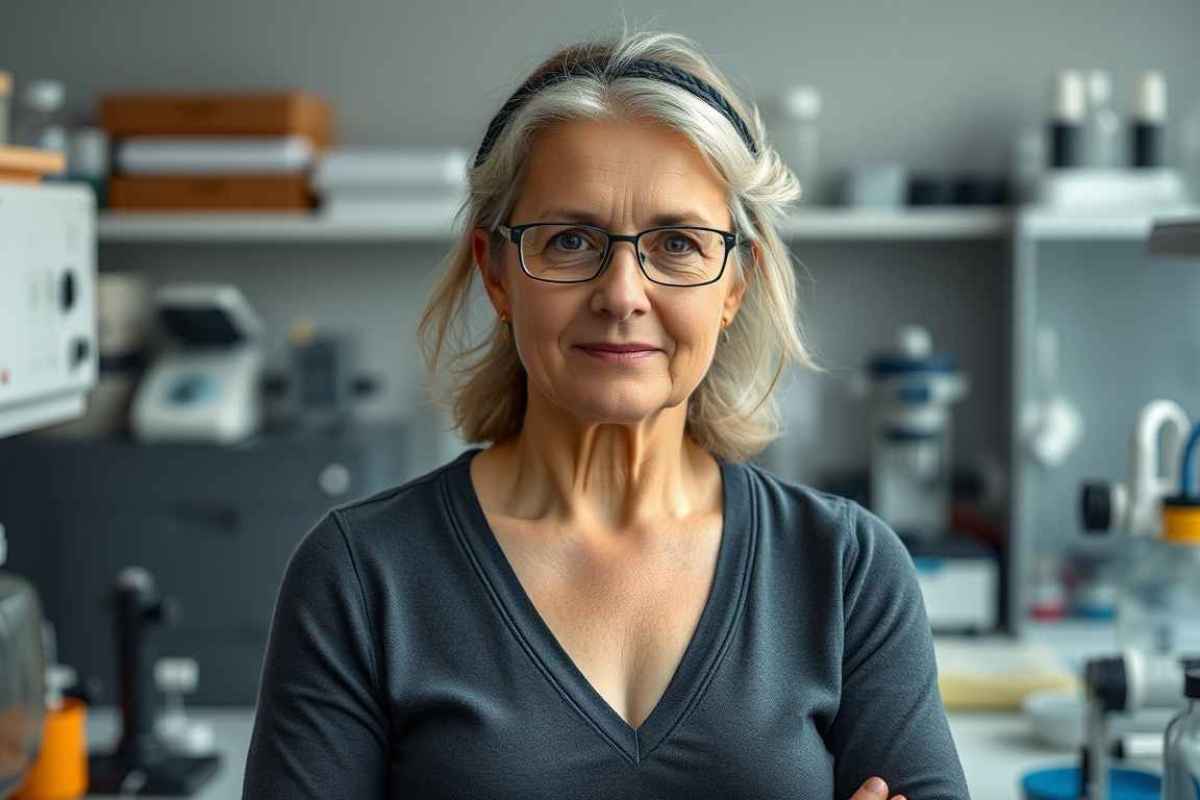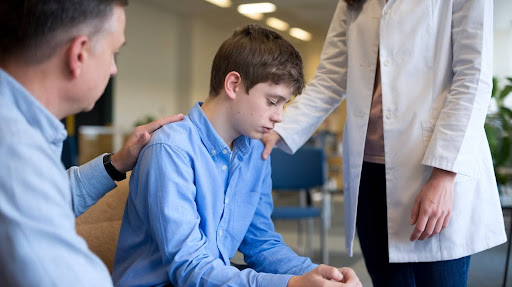
Looking for simple health tips, easy wellness routines, or guidance to feel fitter and more balanced every day? Welcome to the Health & Wellness section of The Fit Scene — your happy space for practical, doable, and genuinely helpful advice to support a healthier lifestyle.
In this category, we cover everything from daily fitness habits and nutrition basics to mental wellness, healthy routines, and simple lifestyle changes that fit into busy Indian schedules. You’ll find beginner-friendly workout ideas, weight management tips, immunity-boosting suggestions, mindful living practices, stress-relief techniques, and guides on building healthy habits that actually last. We also share seasonal health advice, home remedies, food benefits, wellness challenges, and easy meal suggestions that work well for Indian tastes and routines.
Expect content that feels real, relatable, and balanced — no extreme diets, no complicated gym jargon, no unrealistic expectations. Whether you’re trying to improve your sleep, boost your energy, eat cleaner, stay active, or take better care of your mental wellbeing, this space gives you friendly guidance you can follow without overthinking. We break down health topics in simple Indianized English, keeping both science and practicality in mind.
This section is perfect for fitness beginners, wellness explorers, busy professionals, parents, students, and anyone looking for sustainable ways to feel healthier — physically, mentally, and emotionally. You’ll also find expert-backed insights, product recommendations, common health myths explained, and easy routines designed for Indian weather, food culture, and lifestyle patterns.
Ready to start your wellness journey? Explore our latest health tips, check out simple routines for a better lifestyle, and browse the top wellness guides for 2026 — all here on The Fit Scene!























